Rapeseed Meal
Product Details:
- Grade Feed Grade
- Suitable For Goats, Sheep, Camel, Horses
- Function Health Care, Immune System, Promote Digestion
- Color Brown
- Efficacy Promote Growth, Promote Healthy, Feed Preservatives
- Moisture (%) 1-5% Max
- Click to View more
Rapeseed Meal Price And Quantity
- 100 Kilograms
- 22.0 INR/Kilograms
Rapeseed Meal Product Specifications
- Goats, Sheep, Camel, Horses
- Feed Grade
- 1-5% Max
- Promote Growth, Promote Healthy, Feed Preservatives
- Health Care, Immune System, Promote Digestion
- Brown
Rapeseed Meal Trade Information
- 5000 Kilograms Per Month
- 7 Days
- All India
Product Description
Rapeseed meal is a valuable by-product of oil extraction from rapeseed, making it a nutritious and sustainable feed option for livestock and aquaculture. Rich in protein, this meal contains around 36-38% protein content, providing essential amino acids crucial for animal growth and development. Its high fiber content supports digestive health while promoting a healthy gut microbiome in animals. Additionally, rapeseed meal is a good source of energy due to its carbohydrate content, making it an excellent choice for feeding a variety of livestock, including cattle, pigs, and poultry. The meal is also low in anti-nutritional factors, making it suitable for inclusion in balanced diets. Furthermore, rapeseed meal contains beneficial vitamins and minerals, contributing to overall animal health and well-being. With its sustainable production process and excellent nutritional profile, rapeseed meal is an eco-friendly alternative to traditional protein sources, promoting responsible animal farming. Available in bulk, rapeseed meal can be easily incorporated into existing feed formulations, making it a versatile option for farmers and feed manufacturers alike.
Derived from reputable processors and rigorously inspected, rapeseed meal is well-balanced in its nutritional components, batch by batch. It has high palatability and good mixing with other feed ingredients, which makes it quite flexible in such different feeding systems. It facilitates maximum weight gain and productivity in the animal whether in compound feed or as a supplement on its own. The meal has a long shelf life and is economical which makes it even more attractive to commercial farming activities. Rapeseed meal is an ideal option to address the gradually increasing demand for sustainable and inexpensive sources of feed and meet the needs of animal nutrition and sustainable agricultural practices.
Rapeseed Meal: Definition: A high-protein feed ingredient made from rapeseeds (Brassica napus), used in animal nutrition.
Production Process:
- Rapeseed cleaning and cracking
- Oil extraction (solvent or mechanical)
- Toasting and drying
Characteristics:
- High protein content (35-40%)
- Moderate energy content
- Rich in essential amino acids (lysine, methionine)
- Good source of vitamins and minerals (B, E, K, Ca, P)
- Variable particle size
:Uses
- Poultry feed (broilers, layers)
- Swine feed
- Cattle feed
- Aquaculture feed (shrimp, fish)
- Pet food
Benefits:
- Excellent protein source
- Improves growth rates and feed efficiency
- Enhances animal health and well-being
- Supports immune function
- Environmentally friendly (reduces waste)
Types:
- Double-Low Rapeseed Meal (DLRSM): low erucic acid, low glucosinolate
- Triple-Low Rapeseed Meal (TLRSM): low erucic acid, low glucosinolate, low phytate
- High-Protein Rapeseed Meal (HPRSM)
Specifications:
- Protein: 35-40%
- Fat: 1-3%
- Fiber: 4-6%
- Moisture: 12% max
- Ash: 6-8%
Certifications:
- FDA (US)
- EU Food Safety Authority (EU)
- International Association of Fish Meal and Fish Oil Manufacturers (IFFO)
- Global Aquaculture Alliance (GAA)
- ISO 9001:2015 (quality management)
Regulations:
- Varying regional regulations regarding rapeseed meal production and use
- Must comply with animal health and safety standards
- May be restricted or banned in certain applications (e.g., ruminant feed)
Storage and Handling:
- Store in cool, dry place
- Protect from moisture and pests
- Handle with care to prevent damage
|
Country of Origin |
Made in India |
|
Grade Standard |
Feed Grade |
|
Shelf Life |
1 year |
|
Moisture |
50 % |
|
Packaging Type |
PP Bag |
|
Form |
Granule |
Specification
|
Parameter |
Unit |
Parameter |
Result |
|
Appearance |
|
Light Brown granular powder |
Light Brown granular powder |
|
Moisture |
% |
Max. 10.0 |
6.6 |
|
Protein |
% |
Min. 38.0 |
38.9 |
|
Crude Fiber |
% |
Max. 12.0 |
5.3 |
|
Ash insoluble in hydrochloric Acid |
% |
Max 5.0 |
4.2 |
|
Heavy Metals |
ppm |
Max 20.0 |
4.5 |
|
Lead (Pb) |
ppm |
Max 5.0 |
Not Detected |
|
Cadmium (Cd) |
ppm |
Max 1.0 |
Not Detected |
|
Arsenic (AS) |
ppm |
Max 1.0 |
Not Detected |
|
Mercury (Hg) |
ppm |
Max 1.0 |
Not Detected |
|
Microbiological Analysis |
|||
|
Total Plate count |
CFU/gm |
Max 1000 |
450 |
|
Yeast and mold |
CFU/gm |
Max 100 |
80 |
|
Salmonella |
CFU/25gm |
Negative |
Absent |
|
E. Coil |
CFU/10gm |
Negative |
Absent |
|
S. Aureus |
CFU/10gm |
Negative |
Absent |
|
Total Aflatoxin |
ppb |
Max 20.0 |
Not Detected |
FAQ
Q. What is rapeseed meal, and how is it produced?
A. Rapeseed meal is a by-product of oil extraction from rapeseed. After the oil is removed, the remaining meal is rich in protein and fiber, making it a valuable feed ingredient.
Q. What animals can benefit from rapeseed meal?
A. Rapeseed meal is used primarily in ruminant diets, such as cattle and sheep, but can also be included in poultry and swine feeds to provide essential nutrients.
Q.Does rapeseed meal contain any anti-nutritional factors?
A.Yes, rapeseed meal contains glucosinolates, which can interfere with iodine metabolism. However, processed rapeseed meal typically has reduced levels, making it safe for animal consumption.

Price:
- 50
- 100
- 200
- 250
- 500
- 1000+


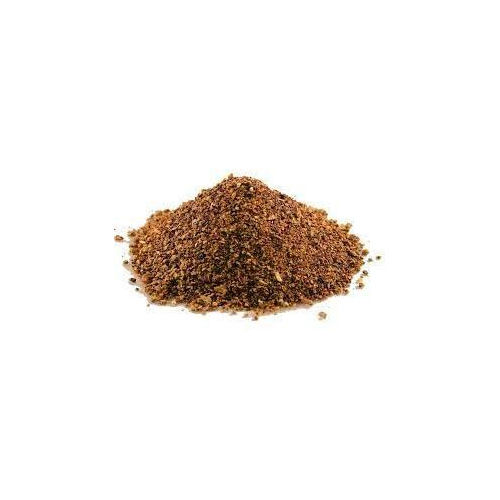

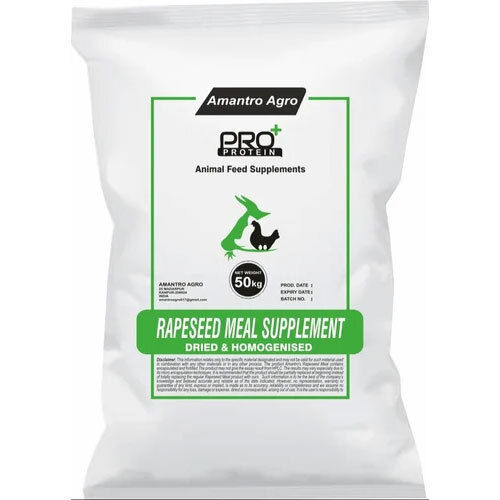
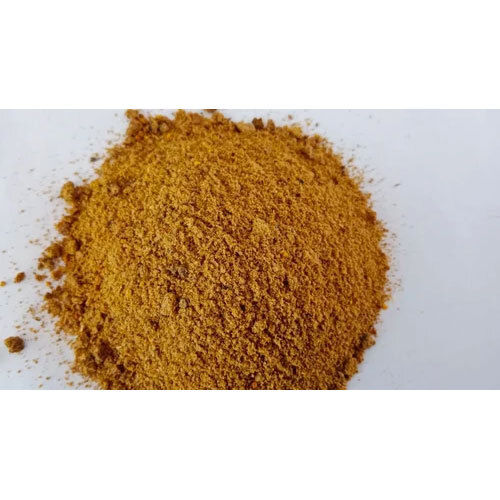
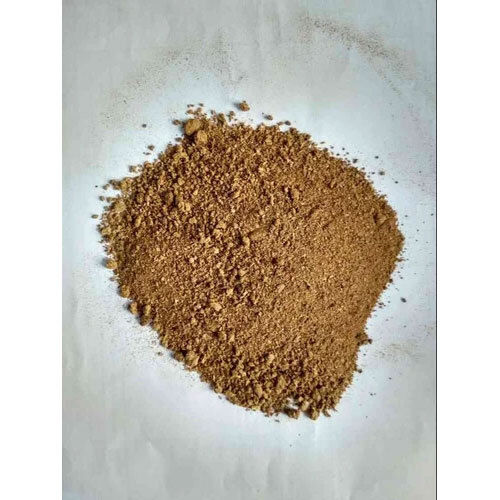
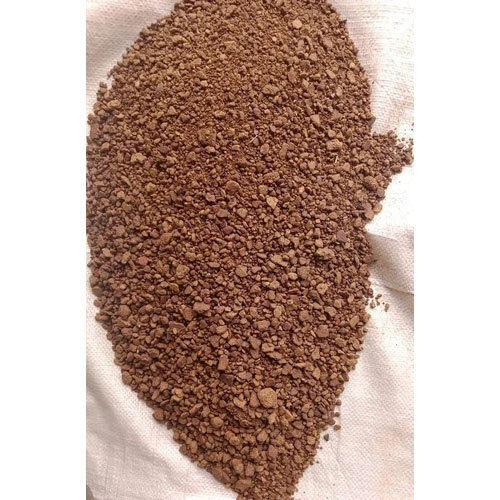
 Send Inquiry
Send Inquiry Send SMS
Send SMS Call Me Free
Call Me Free
